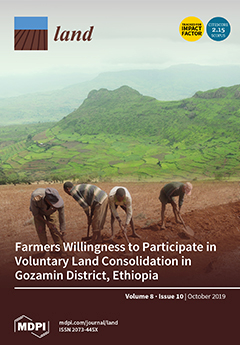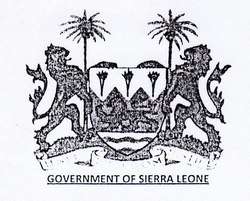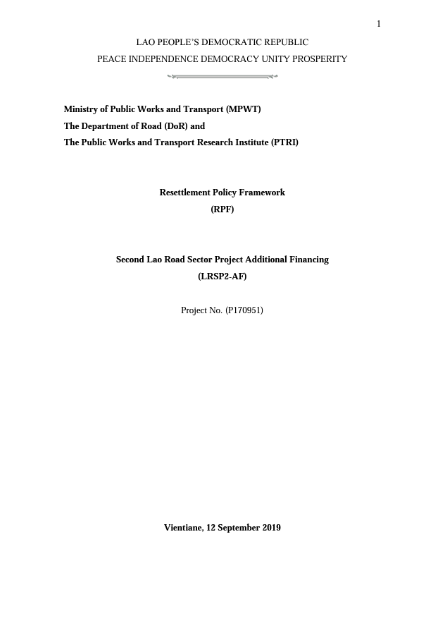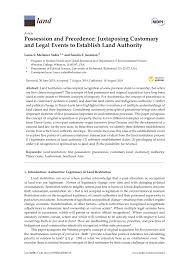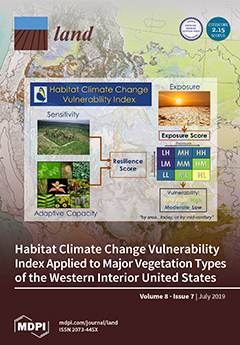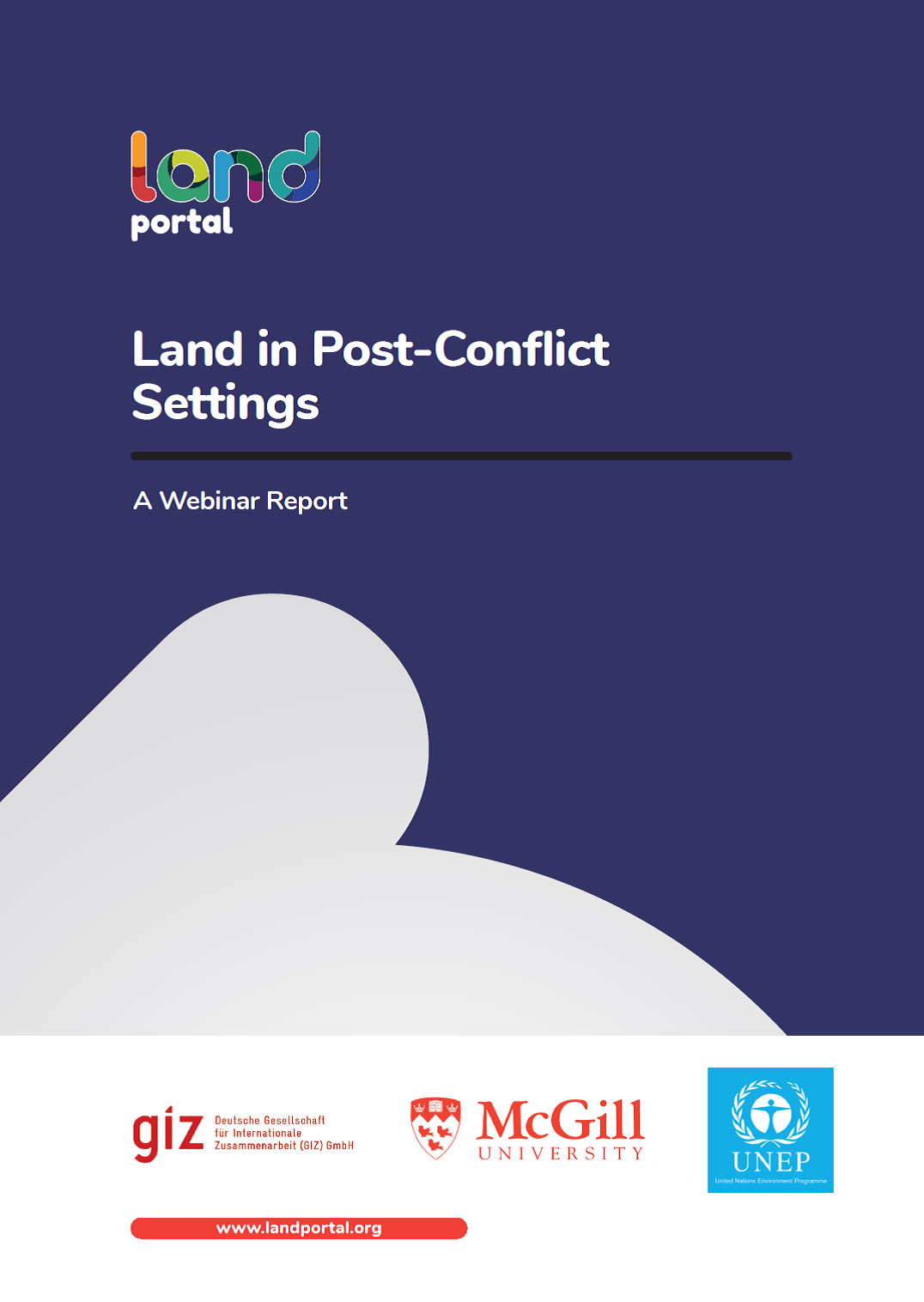Global Land Outlook: East Africa Thematic Report: Responsible Land Governance to Achieve Land Degradation Neutrality
Land Degradation Neutrality is a new way of approaching land degradation that acknowledges that land and land-based ecosystems are affected by global environmental change as well as by local land use practices. Achieving the target of a land degradation neutral world encourages adaptive management during planning, implementation, and monitoring of LDN-related activities and follows the LDN response hierarchy of avoiding, reducing, and reversing land degradation.



